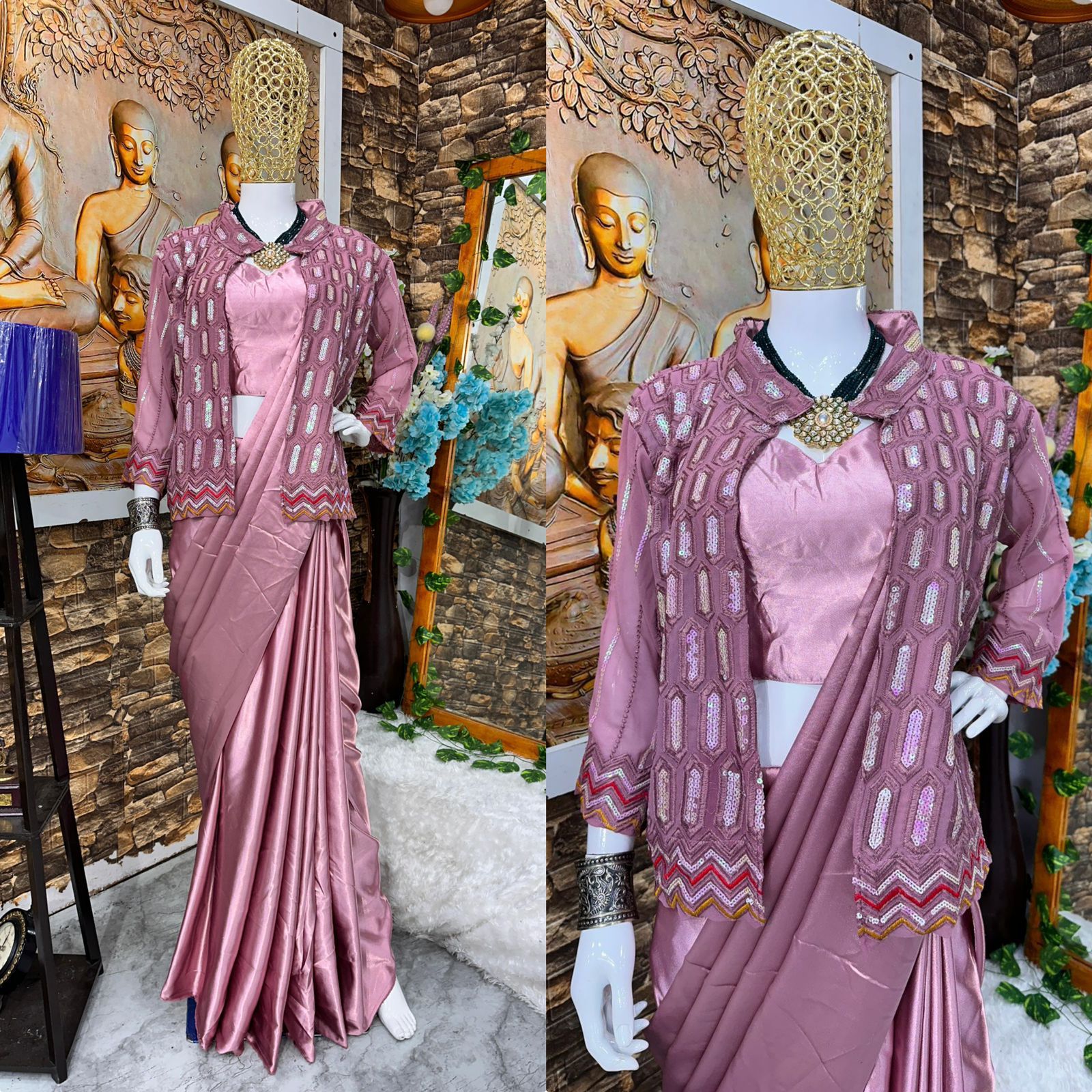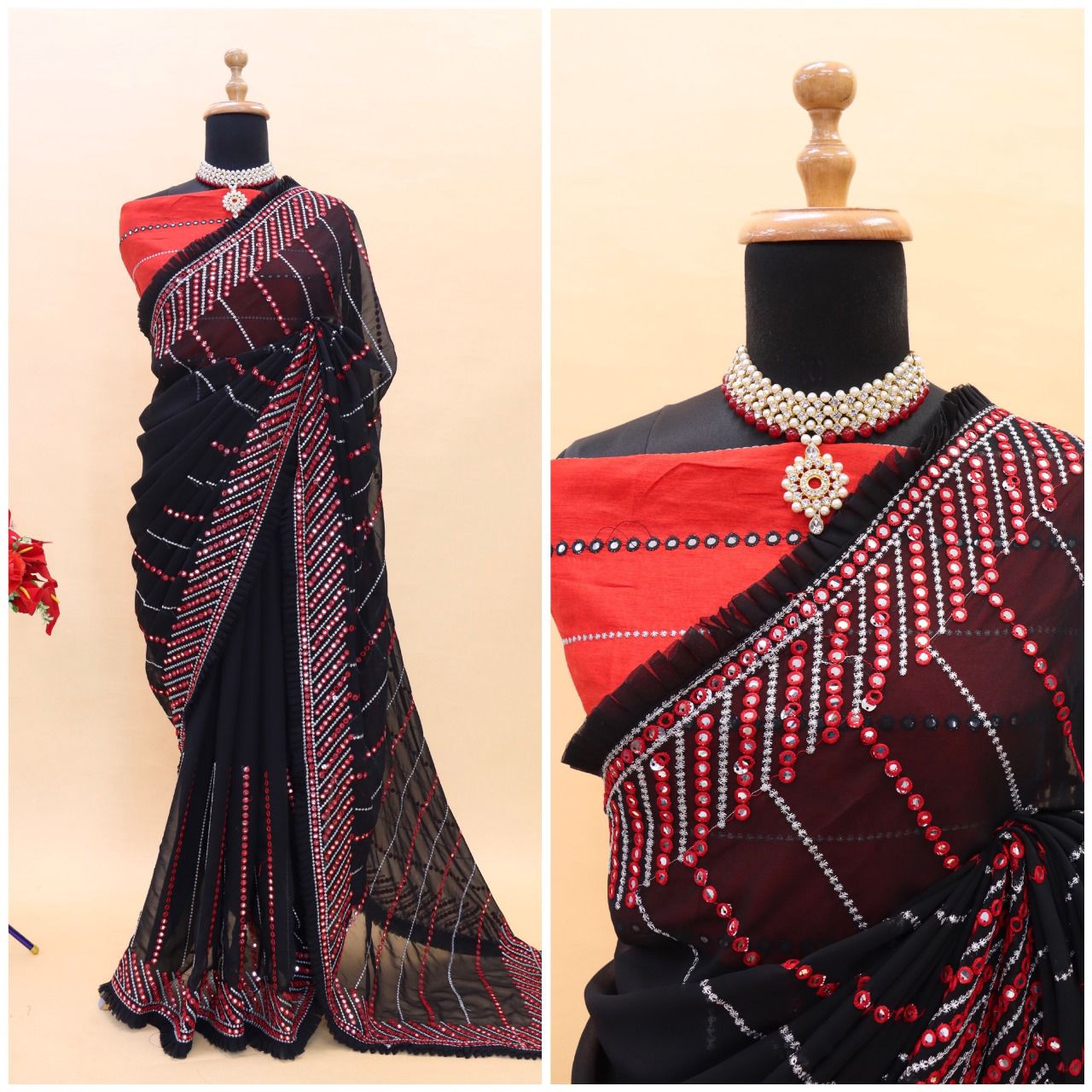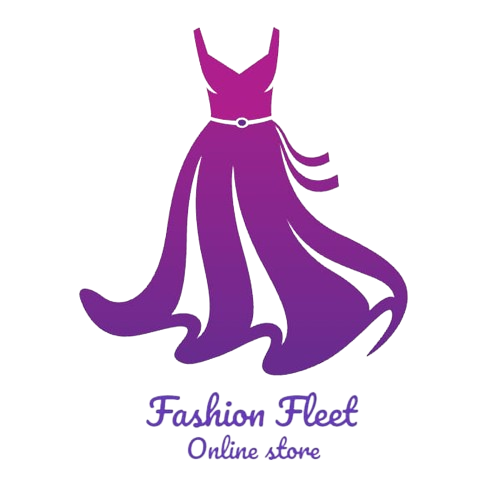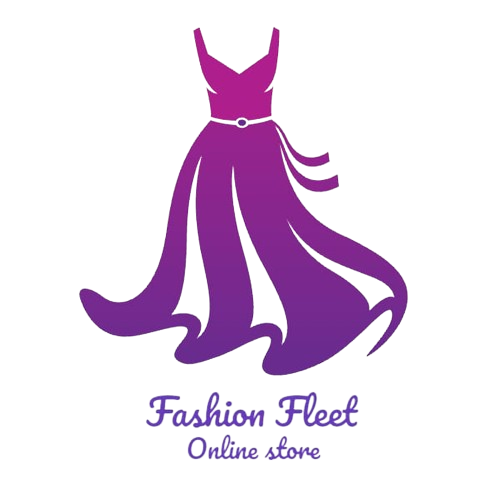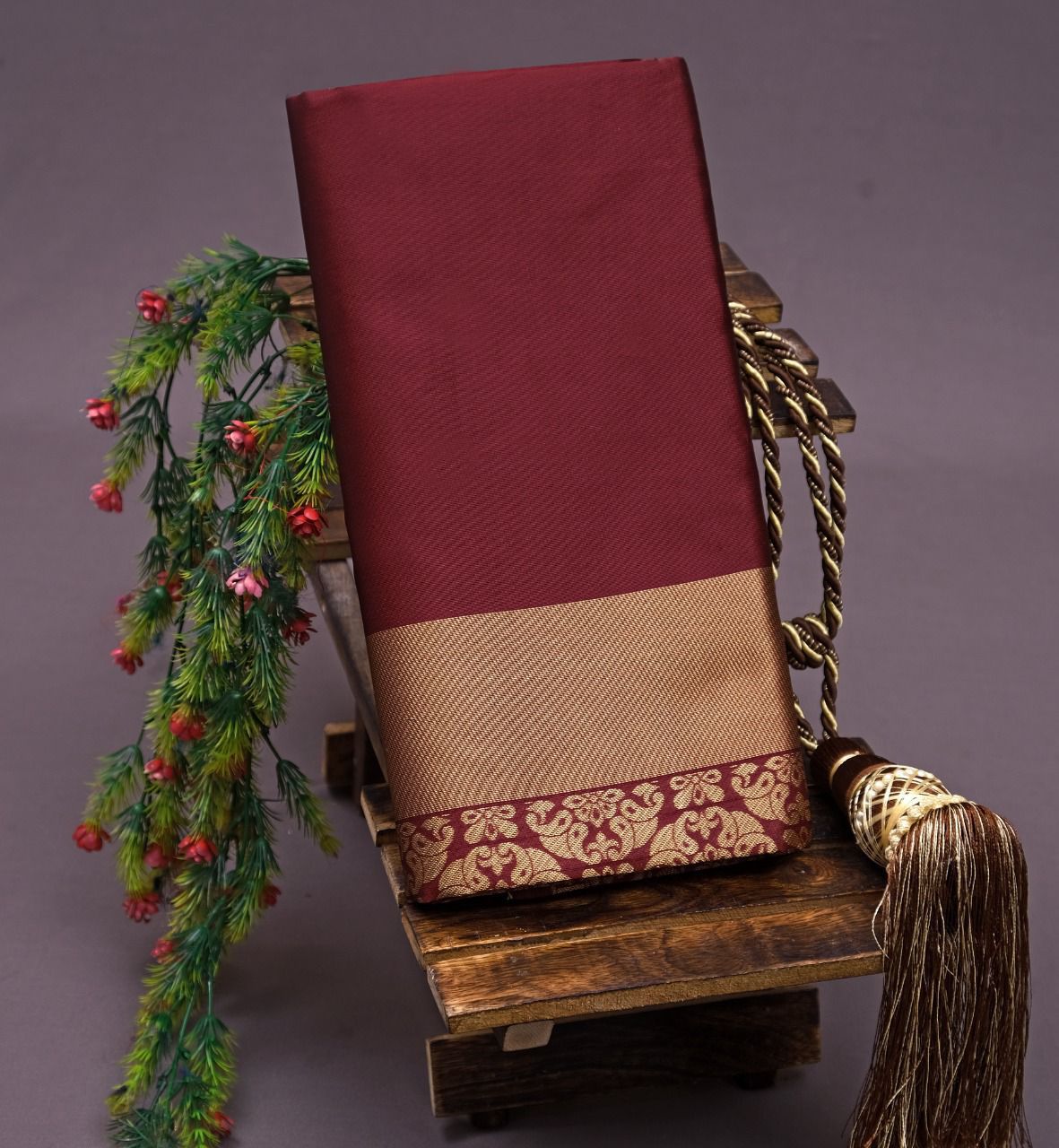

Sustainability: Ethical fashion reduces the environmental impact of the industry by using eco-friendly materials, reducing waste, and employing responsible manufacturing practices
Fair Labour: Ensures fair wages, safe working conditions, and workers’ rights globally, avoiding sweatshop labor and exploitative practices
Animal Welfare: Many ethical brands are vegan and cruelty-free, promoting fashion without compromising animal well-being
Navigating The Ethical Fashion Landscape Do Your Homework: Research ethical brands to understand their values and practices, supporting those aligned with your values
Prioritize Quality Over Quantity: Invest in high-quality pieces that last longer, shifting from a disposable mindset to a more thoughtful one
Embrace Second-Hand Shopping: Explore vintage and second-hand stores for unique finds that extend the life of clothing and support sustainable consumption
Look For Certifications: Seek out certifications like Fair Trade, GOTS, and PETA-approved vegan logos to ensure brands follow ethical guidelines
Learn About Fabrics: Opt for sustainable fabrics like organic cotton, hemp, Tencel, and recycled materials for eco-friendly and stylish choices
Support Local and Independent Brands: Smaller brands often have transparent supply chains, contributing to ethical fashion growth and local economies
Consider Minimalism: Build a minimalist wardrobe with versatile pieces that can be mixed and matched effortlessly for timeless style
Advocate For Change: Share your ethical fashion journey on social media, support campaigns, and encourage others to make conscious choices for positive change
Latest Article

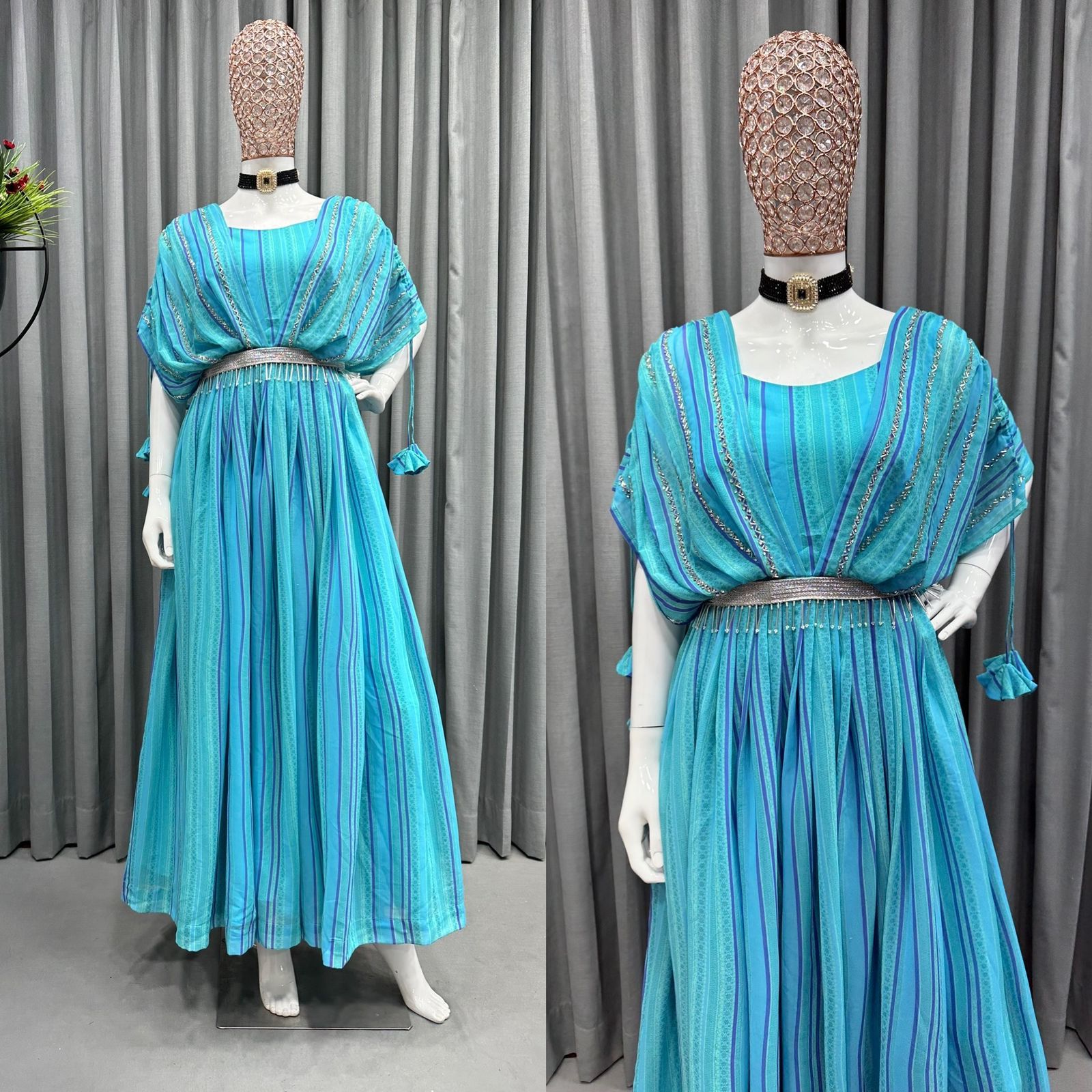
Timeless Fashion Pieces Every Woman Should Own

